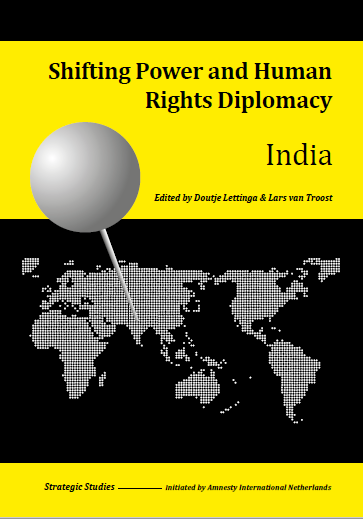ICANN’s plans to strip anonymity from website owners puts already vulnerable Internet users at further risk
The Internet Democracy Project has joined a coalition of anti-harassment initiatives and digital rights organisations to fight a proposal from ICANN that would force a wide range of website owners to reveal significant personal information. An initiative of the Online Abuse Prevention Initiative, the group has written to ICANN in protest. Like others in the coalition, the Internet Democracy Project believes that ICANN’s proposed changes to the WHOIS records put already vulnerable Internet users at further risk, and that they significantly reduce the empowering potential that Internet access has for these groups. The text of the letter that the coalition wrote to ICANN can be found below. More
